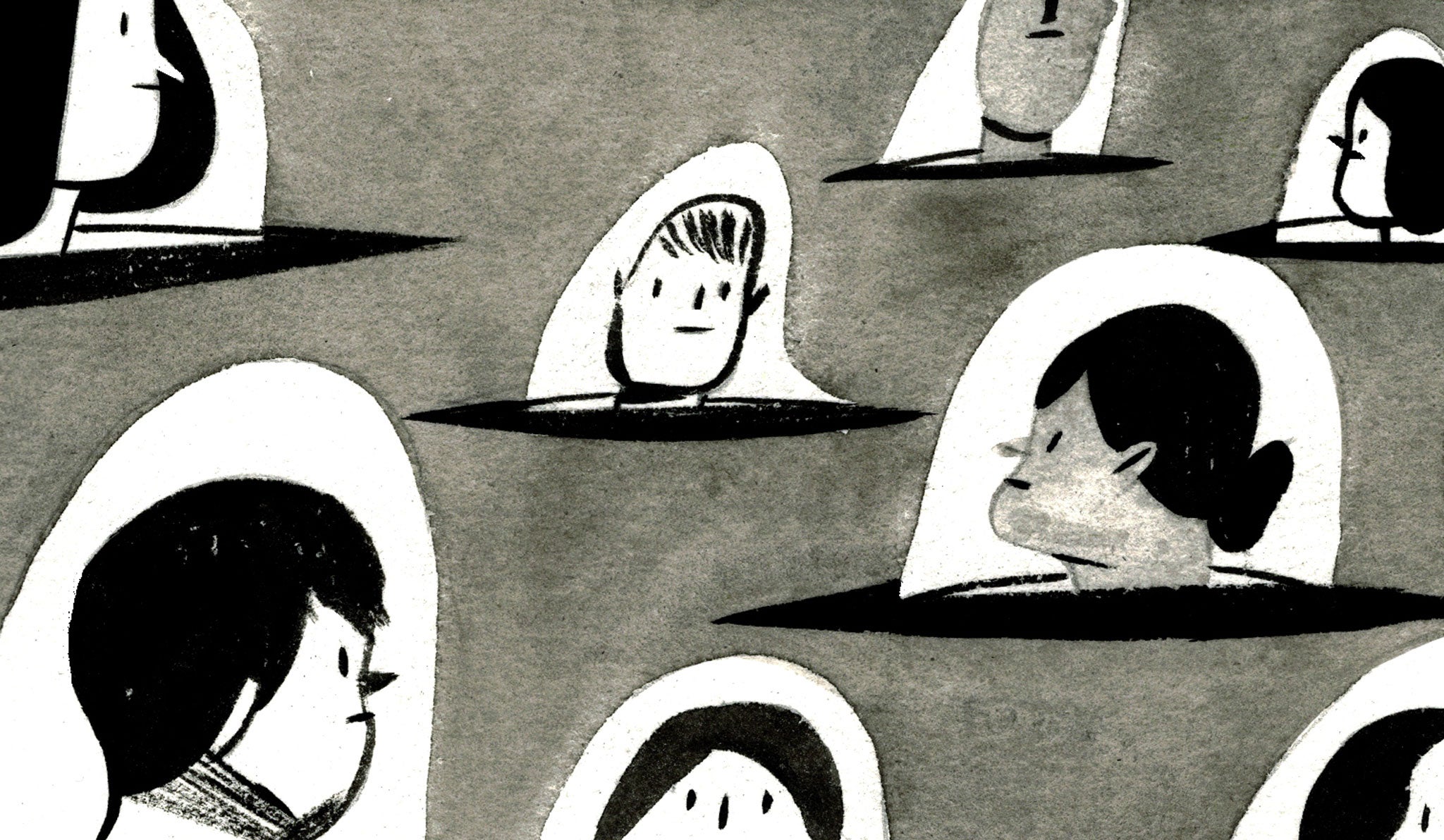If all people lived in isolation for a year, would we wipe out all contagious diseases?’

Your support helps us to tell the story
From reproductive rights to climate change to Big Tech, The Independent is on the ground when the story is developing. Whether it's investigating the financials of Elon Musk's pro-Trump PAC or producing our latest documentary, 'The A Word', which shines a light on the American women fighting for reproductive rights, we know how important it is to parse out the facts from the messaging.
At such a critical moment in US history, we need reporters on the ground. Your donation allows us to keep sending journalists to speak to both sides of the story.
The Independent is trusted by Americans across the entire political spectrum. And unlike many other quality news outlets, we choose not to lock Americans out of our reporting and analysis with paywalls. We believe quality journalism should be available to everyone, paid for by those who can afford it.
Your support makes all the difference.Each person is teeming with bacteria, and we have a lot of viruses, too. A lot of the bacteria that live on and in our bodies can cause disease even if they aren't causing problems at the moment (for instance, E coli in the gut). So, no way. If each person lived in isolation for a year they'd still come out teeming with germs. But maybe it would theoretically wipe out some certain pathogen – I can't think of any, though. We actually need our bacteria, a lot of what goes on is a symbiotic relationship.
Lisa Linnet, midwife
No. Not all diseases, though some of those diseases which are transmitted by direct person-to-person contact, but even most of them would become dormant and may not cause disease in the same person but might affect the other people at a later time via blood transfusion or other exchange of bodily fluids.
Hafiz Aeymon
Many diseases are endemic in animals, and only occasionally jump species and infect humans, so NO.
Liang-Hai Sie, retired general internist, former intensive care physician
The answers that say 'No' are correct – lots of diseases would persist. Diseases with animal vectors (hantaviruses, plague, many others), or diseases that are environmental (cholera, listeria, salmonella) wouldn't be much affected. Chronic diseases would persist: hepatitis B and C, all eight of the human herpesviruses (such as chickenpox, genital herpes, Epstein-Barr virus), HIV, tuberculosis, leprosy, plenty of others.
But a fair number of quite nasty diseases might disappear. Measles would be gone after a couple of weeks of isolation. RSV and other respiratory viruses mostly would disappear. Even tough viruses like rotavirus, which can last weeks in the environment, would probably not make a year.
Influenza is an interesting case. Human flu would be gone, but there are closely-related influenza viruses in pigs (who got them from humans in the first place) that would almost certainly make the jump back into humans after some time – maybe after a few years, as human immunity waned.
Ian York, Virologist, immunologist, biologist, US Government
These answers all come from quora.com, the popular online Q&A service. Ask any question and get real answers from people in the know
Join our commenting forum
Join thought-provoking conversations, follow other Independent readers and see their replies
Comments